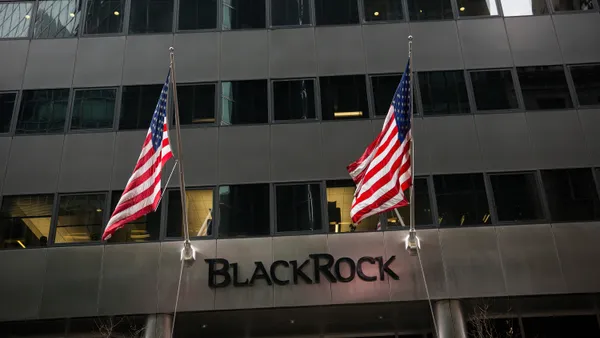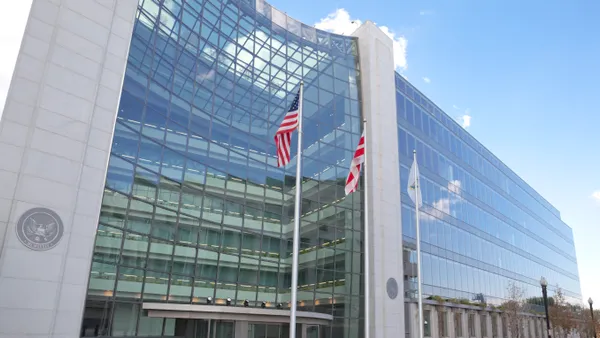Dive Brief:
- The New York City Employees’ Retirement System has joined the Net-Zero Asset Owner Alliance, according to a Thursday announcement from the United Nations-backed group.
- NYCERS, the largest municipal public retirement system in the United States, joins the alliance’s other 88 members that collectively represent $9.5 trillion in assets under management. NZAOA members include the California Public Employees’ Retirement System — the nation’s largest pension fund — the David Rockefeller Fund, Allianz SE, Swisse Re and others.
- The move “builds on NYCERS’s history of climate leadership” and underscores the importance of confronting “the clear and present dangers of climate change,” New York City Comptroller Brad Lander said in a Nov. 14 release.
Dive Insight:
NYCERS is one of five pension funds in the New York City Retirement Systems and manages over $89 billion in assets. The fund serves over 350,000 members and retirees, including civilian employees, such as clerical workers, social workers and accountants, and uniformed employees, such as the city’s correction officers and sanitation workers, per the retirement plan’s website.
The New York fund joins the alliance nearly a month after Lander put forth a proposal to block three of the city’s pension funds from future private equity and infrastructure portfolio investments in midstream and downstream fossil fuel infrastructure. This would prohibit investments in things like pipelines and liquefied natural gas terminals. The prohibition, if approved by the funds’ pension boards, would apply to New York City’s Employees’ Retirement System, Teachers’ Retirement System and Board of Education Retirement System, per the proposal.
Lander’s October proposal said the new exclusions would build on the funds’ prior decisions to divest from fossil fuel reserve owners and exclude upstream fossil fuel investments, including activities like extraction and exploration.
NYCERS voted to divest from fossil fuel reserve owners in its public equities and corporate bonds portfolio in 2021 and later voted to exclude upstream fossil fuel investments in 2023.
Further, in 2021, the retirement system voted to set a goal of achieving net-zero greenhouse gas emissions by 2040, which it adopted as part of its Net Zero Implementation Plan in 2023. This plan includes targets to reduce scope 1 and scope 2 portfolio emissions by 32% by 2025 and 59% by 2030, in addition to setting reduction targets for scope 3 emissions by 2025.
These goals fall into line with NZAOA’s mission statement. Members of the alliance commit to transitioning their investment portfolios to reach net-zero greenhouse gas emissions by 2050, establishing intermediate carbon reduction targets every five years and reporting on progress annually.
“Climate risk is financial risk, and by joining the Net-Zero Asset Owner Alliance, we reinforce our commitment to sustainable investments that protect our retirees’ futures while pushing for a resilient, net-zero economy,” Lander said in the release.












